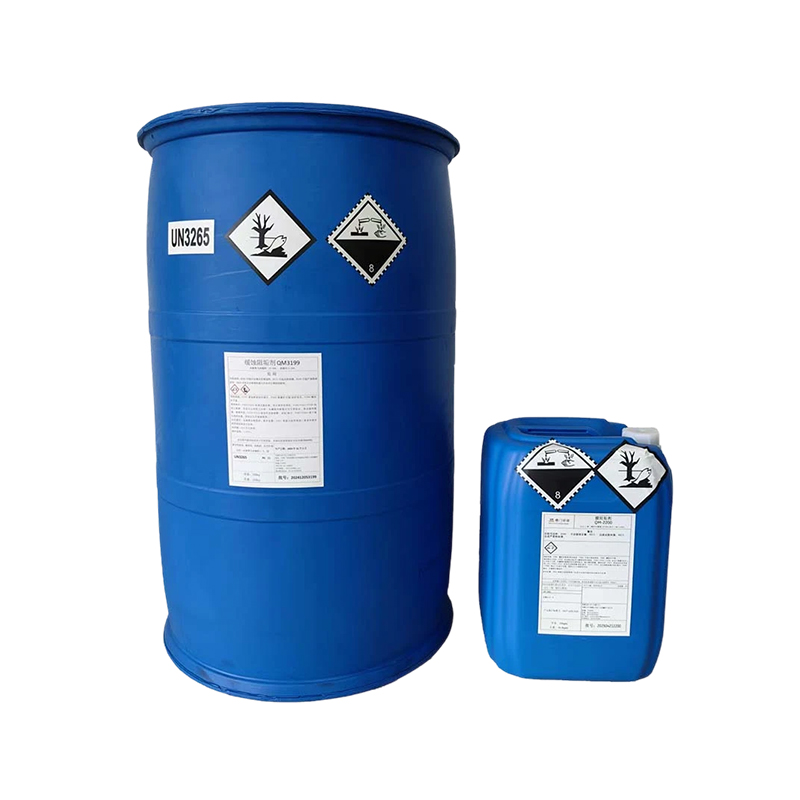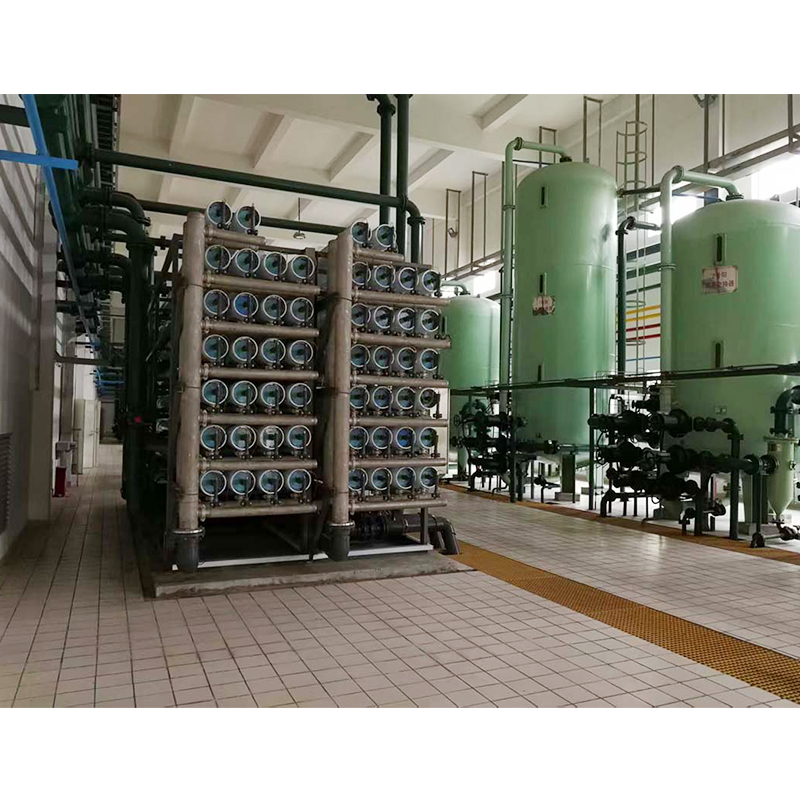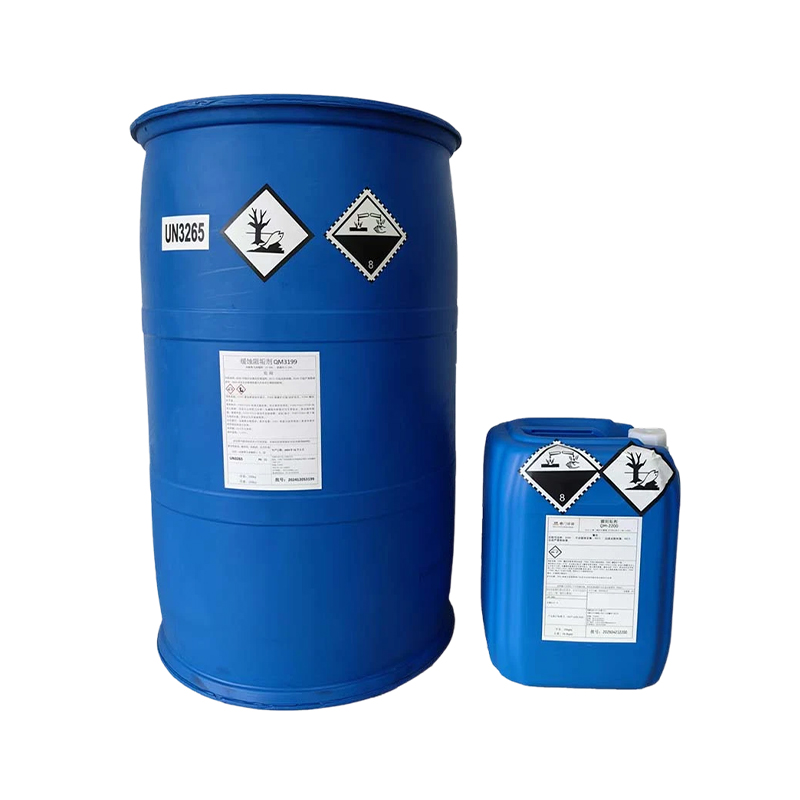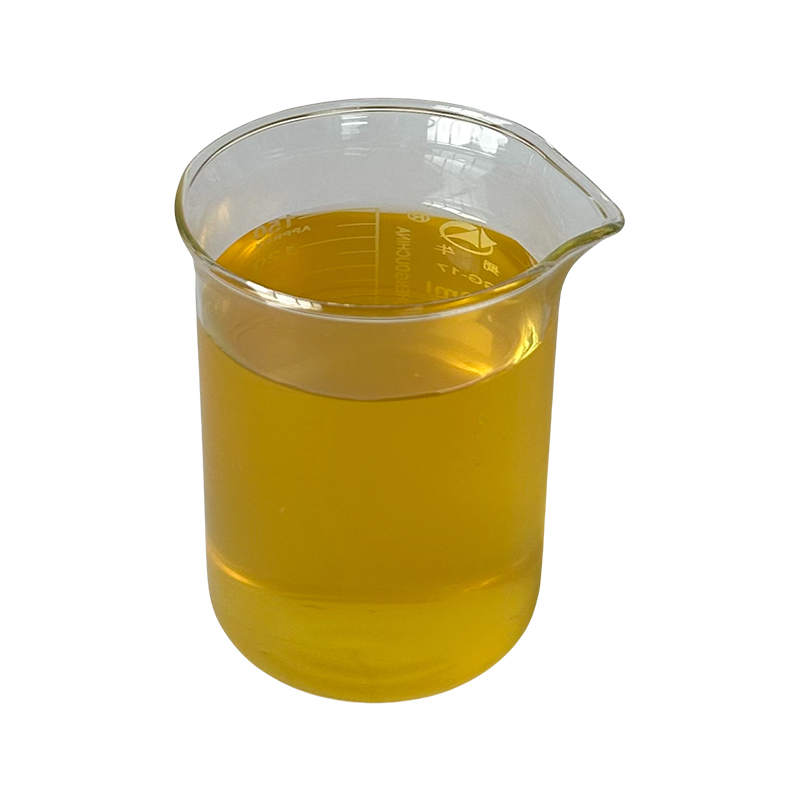Faced with these stubborn contaminants, membrane antiscalants, with their scientific chemical mechanisms and multifunctional design, are gradually shifting from passive response to proactive prevention, becoming a core tool for protecting membrane systems
- +86-13926422383
- 852717050@qq.com
- No. 11 Hanhe Avenue, Qingyuan Overseas Chinese Industrial Park, Donghua Town, Yingde City, Guangdong Province






